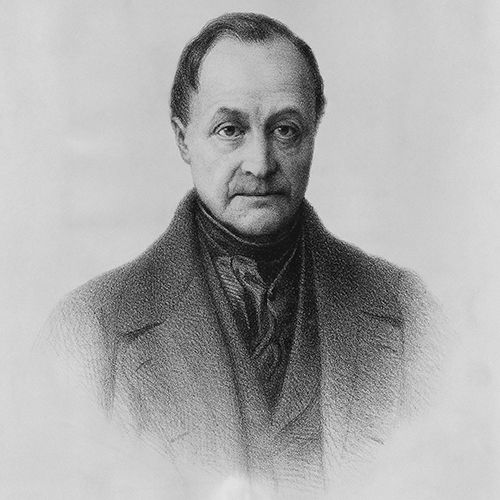Auguste Comte was a French philosopher, mathematician, and social scientist who is known as the father of sociology. He was born in Montpellier, France, on January 19, 1798. Comte grew up in a devout Catholic family, but he rejected religion and monarchy at a young age.
In 1814, Comte was admitted to the École Polytechnique in Paris, a prestigious engineering school. However, the school was closed in 1816 for political reasons. Comte then continued his education at the École Normale Supérieure, where he studied mathematics and philosophy.
Comte met Henri de Saint-Simon
In 1817, Comte met Henri de Saint-Simon, an influential socialist philosopher. Comte worked as Saint-Simon’s secretary for several years, and he developed many of his ideas from Saint-Simon.
In 1826, Comte began giving lectures on his “system of positive philosophy.” These lectures were later published in six volumes titled “Cours de Philosophie Positive” (1830-1842). In this work, Comte argued that science is the only way to understand the world. He also divided human history into three periods: theological, metaphysical, and positive.
The theological period is the period when people explained the world in terms of supernatural forces. The metaphysical period is the period when people explained the world in terms of abstract ideas. The positive period is the period when people explain the world in terms of empirical data.
Comte Believed that Sociology should be The Queen
Comte believed that sociology should be the queen of the sciences, as it would provide a unified understanding of society and social change. He also believed that sociology should be based on the scientific method, and that sociologists should use observation and experimentation to collect data about society.
Comte’s ideas were highly influential in the development of sociology as a scholarly discipline. He is considered to be one of the most important figures in the history of sociology.
Comte’s Legacy
Auguste Comte’s legacy is immense. He is considered to be the father of sociology, and his thought continues to influence sociologists today.
Comte’s work has been translated into many languages and studied by sociologists all over the world. His ideas have been used to study a wide range of social phenomena, including crime, poverty, education, and religion.
Comte’s legacy is not without its critics, however. Some critics argue that Comte’s theory of social evolution is too simplistic and unrealistic. Others argue that Comte’s overemphasis on science has led to a neglect of other important aspects of society, such as culture and values.
Despite these criticisms, Auguste Comte’s legacy is undeniable. He is considered to be one of the most important figures in the history of sociology, and his thought continues to shape the field today.
Comte’s Impact on Other Fields
Auguste Comte’s work has also had a significant impact on other fields, such as economics, political science, and psychology.
In economics, Comte’s ideas have been used to develop theories of economic growth and development. In political science, Comte’s ideas have been used to develop theories of social order and political stability. In psychology, Comte’s ideas have been used to develop theories of social cognition and social behavior.
Conclusion
Auguste Comte was a visionary thinker whose work has had a profound impact on our understanding of society. He is considered to be the father of sociology, and his ideas continue to influence scholars and policymakers around the world.


